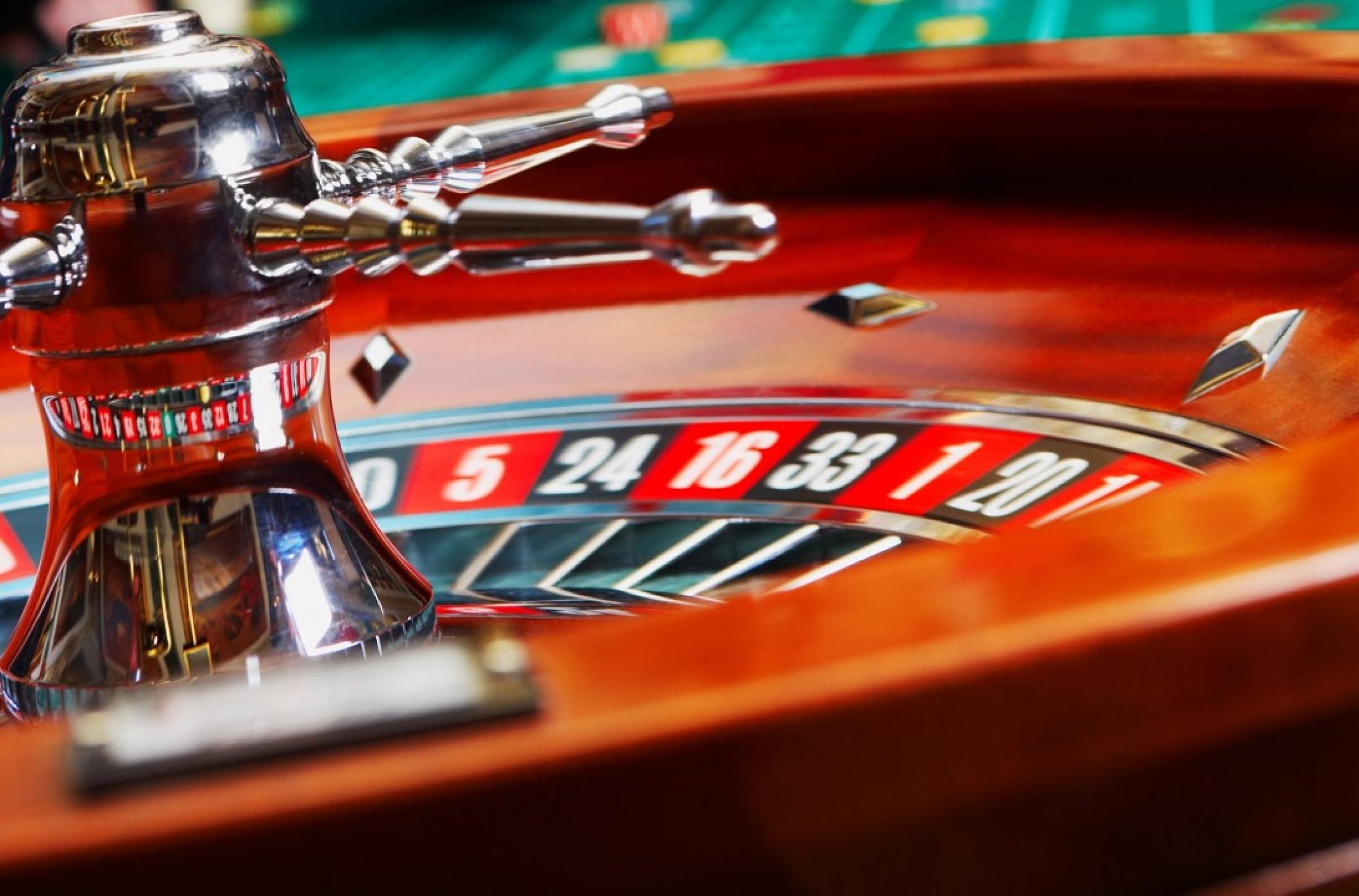
In the dynamic world of betting, gaming games have long enthralled the attention of gamblers around the world. These activities, ranging from traditional card options like blackjack to the whirling reels of fruit machines, offer an intriguing combination of luck and skill. While fortune undeniably plays a significant role in influencing outcomes, the significance of skill in many gambling options cannot be ignored. Grasping how expertise influences the experience can improve not only a participant’s enjoyment but also their likelihood of success.
As we explore further the mechanics of gambling activities, it becomes clear that some require a robust base of knowledge and strategy. Activities like Texas Hold’em demand more than mere fortune; they demand analytical thinking, mental insight, and tactical decision-making. In opposition, other activities, such as roulette and fruit machines, are primarily determined by chance, allowing gamblers to rely solely on luck. This difference raises thought-provoking questions about what truly drives achievement in the realm of casinos and how a gambler’s skill set can sway the outcome in their advantage.
Grasping Skill vs. Luck within Casino Games
In the sphere of casino games, the discussion between skill and luck is a enduring one. Many games are often divided into two groups: those that rely predominantly on randomness, such as slots and the wheel, and those where skill plays a significant role, like poker and blackjack. The distinction is important because it influences not only gameplay strategies but also the approach players adopt when engaging with these games. Although luck can play a critical role in the short term, skilled players can increase their chances of winning over the long run in skill-based games.
Skill-based games, particularly poker, necessitate players to understand odds, psychology, and game theory. A seasoned poker player can analyze opponents, make calculated bets, and understand when to fold, all of which can lead to more successful outcomes. On the other hand, in games that are purely chance-driven, no amount of skill can alter the odds. non GamStop This means that although a player may win big in one session, their victory may frequently be subject to the whims of random outcomes rather than any tactical expertise.
In the end, both skill and luck coexist in the world of casino games, creating a vibrant environment for players. Although games of chance can provide excitement and instant gratification, mastery and strategy in skill-based games offer a deeper level of engagement for those willing to invest time in refining their craft. This interplay between skill and luck defines the experiences of players and influences their connection with the games they choose to play.
The Impact of Expertise on Casino Results
In the world of gambling games, skill plays a significant role in determining the outcomes, especially in games where strategy and choices are paramount. For example, in the game of poker, players must analyze rivals, calculate odds, and make calculated bets to maximize their odds of succeeding. Unlike games that rely purely on luck, such as slot machines or roulette, poker demands an understanding of both the rules and the psychology of other players, making expertise a vital component of victory.
Additional skill-based activities, like the game of blackjack, also underscore the importance of player skill. Understanding of basic tactics, card counting, and when to hit or stand can significantly influence the casino advantage. A skilled blackjack player can lower this edge and boost their chances of winning significantly. This contrasts with games that do not allow for such strategic play, showcasing how the level of expertise directly affects the possibility for favorable outcomes.
Moreover, even within games considered primarily luck-based, like craps, the decisions made by players can influence their overall performance. Choosing the right bets, comprehending the odds of different results, and controlling one’s bankroll are essential aspects that can enhance a player’s experience and results. Thus, while luck remains a factor in gambling, skill can substantially influence how efficiently players navigate these settings, leading to more favorable outcomes.
Tactics for Expert Play in Gaming Establishments
To excel in casino games, players must develop a strong understanding of the rules and probabilities involved in every game. This essential knowledge enables individuals to make informed choices, especially in skill-based games like poker and blackjack. Familiarizing oneself with game tactics, such as card counting in 21 or identifying betting patterns in poker, can significantly enhance a player’s chances of winning. Rehearsing these strategies through simulations or low-risk games allows players to improve their skills without putting substantial amounts of cash at stake.
One more key approach is money management. Players should establish a spending limit before entering the gaming establishment and adhere to it rigorously. This involves determining how much they are prepared to lose and imposing restrictions on how much they will bet in each session. By keeping a controlled approach to spending, players can prolong their play and reduce the chance of major losses. Additionally, pausing can help preserve a clear head and prevent rash decisions that often lead to unfavorable outcomes.
Finally, managing emotions is crucial in the high-stakes environment of a gambling house. Players must learn to manage their emotions, particularly during times of success or defeats streaks. Staying attentive and not letting emotions dictate gameplay can lead to more sound decisions. Techniques such as deep breathing or walking away from the table during heated moments can help maintain calmness. By cultivating a balanced state of mind, players can approach casino games with confidence and skill, ultimately improving their complete gaming experience and results.